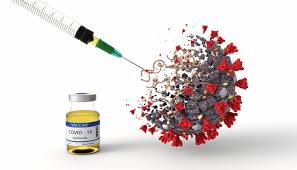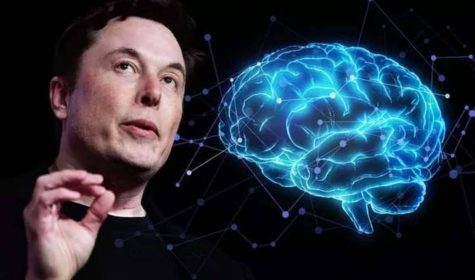What Does Caffeine do to Your Mind and Body?

Today I’m tackling a question I honestly don’t want the answer to. What are the effects of caffeine on our bodies? Now, personally I have around 300-400 mg of caffeine a day. Which is horrible. The recommended maximum caffeine daily for adults in the U.S. is 400 mg (Mayo). Most people who drink coffee tend to get nowhere near that number in caffeine consumption. The average cup of coffee has a little under 100mg of caffeine. So it would take 4 cups to reach the limit. However, those of us who indulge in the finer things in life (like energy drinks) may find ourselves reaching that 400 mg’s and sometimes even going over that. For example; 1 Reign,Bang, or Rockstar has about 300 mg of caffeine, while a Monster, or a Yerba Mate averages around 150 mg. With an average of 73% highschoolers intaking caffeine it’s important to ask; So what is caffeine actually doing to us besides waking us up?
Initially I found out to no surprise that 80% of adults in America consume some form of caffeine daily (FDA). Along with this caffeine is a central nervous system stimulant. A CNS stimulant is “a type of drug that increases the levels of certain chemicals in the brain and increases alertness, attention, energy, and physical activity. Central nervous system stimulants also raise blood pressure and increase heart rate and breathing rate. They are used to treat depression, attention deficit hyperactivity disorder and narcolepsy” (NIH). This explains why coffee makes us feel more motivated and alert. However along with these positive effects, caffeine can cause a lot of negative side effects when used irresponsibly, similarly to other stimulants. For example, caffeine is known to cause confusion, headaches, irritability, rapid heartbeat, diarrhea, nausea and vomiting, fertility issues, increased blood pressure, jitters, caffeine in your bones, and muscle aches. These are very similar symptoms to what people experience when abusing prescription stimulants (pretty scary to me as I experience some of these symptoms every day). Along with this abrupt ceasing of use can cause these same symptoms. This got me really thinking; Was caffeine use just as dangerous as using other drugs?
Thankfully for us, no. This was not the case. The National Institute on Drug Abuse says “While caffeine produces a small rise in dopamine, it does not cause the large surge that unbalances the reward circuits in the brain and is necessary for an addiction. So even though the word “addiction” is often used casually, caffeine is not addictive (scientifically speaking).” Another interesting correlation with this small increase in dopamine is that caffeine intake decreases risk of suicide by 45% by providing small amounts of dopamine without the imbalances drugs often cause (Olsen). Another positive found is the decreased risk of Alzheimer’s and Dementia. However upon consumption caffeine increases your blood pressure, acidity in one’s stomach, adrenaline, and muscle spasms (Olsen). These effects though are only problematic when experienced in extremes though and tend to be confined to the time of consumption. The real problem lies only within being overindulgent in caffeine. However, when used responsibly caffeine can be extremely beneficial in people’s lives. So go grab yourself a cup of coffee and do some homework.
https://www.healthline.com/health/caffeine-effects-on-body
https://www.drugabuse.gov/publications/drugfacts/prescription-stimulants












